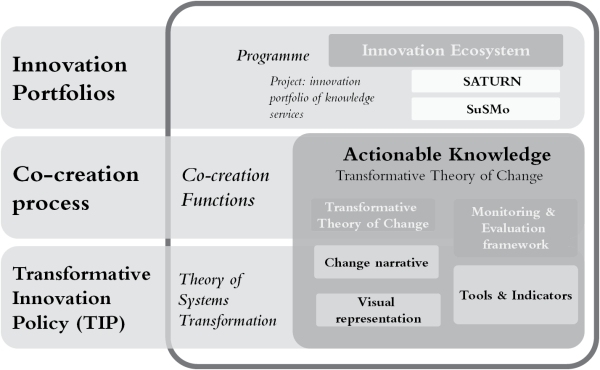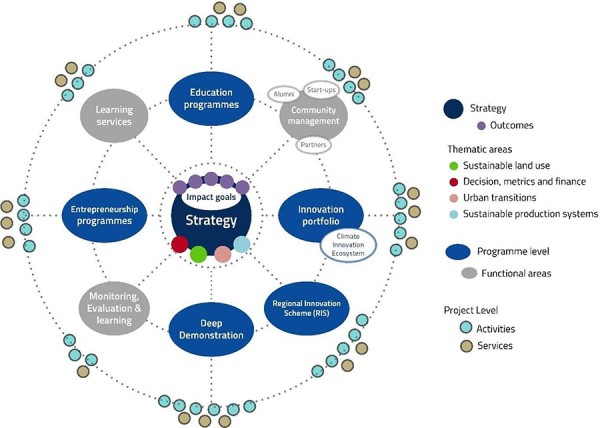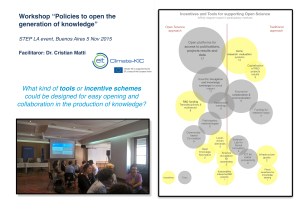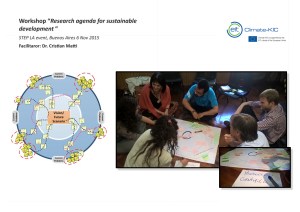Innovation is often seen as the spark of a new idea, but what if the real power lies in the connections that bring those ideas to life? My latest research, now published, delves into the concept of transformative innovation and the role of policy portfolios in driving systemic change.
Drawing on years of collaboration with EIT Climate-KIC, the Joint Research Centre (JRC), and the Transformative Innovation Policy Consortium (TIPC), this paper focuses on the sustainable food sector as a case study. It highlights the importance of “intermediation”—the ability to bridge gaps between science, policy, and practice—to orchestrate innovation ecosystems that can tackle complex challenges.
This work is deeply personal, reflecting the values and experiences I’ve gained from working with inspiring colleagues and organizations. It also builds on the narrative we developed in the EIT Climate-KIC/JRC handbook Co-creation for policy, emphasizing the need for collaboration across sectors and disciplines.
As we face urgent global challenges, I hope this research inspires others to explore the transformative potential of innovation portfolios. Together, we can create the frameworks needed for a more sustainable and equitable future.
Original manuscript:
This is an original manuscript of an article published by Taylor & Francis in Innovation: The European Journal of Social Science Research on 12 March, available at: https://doi.org/10.1080/13511610.2024.2444535












